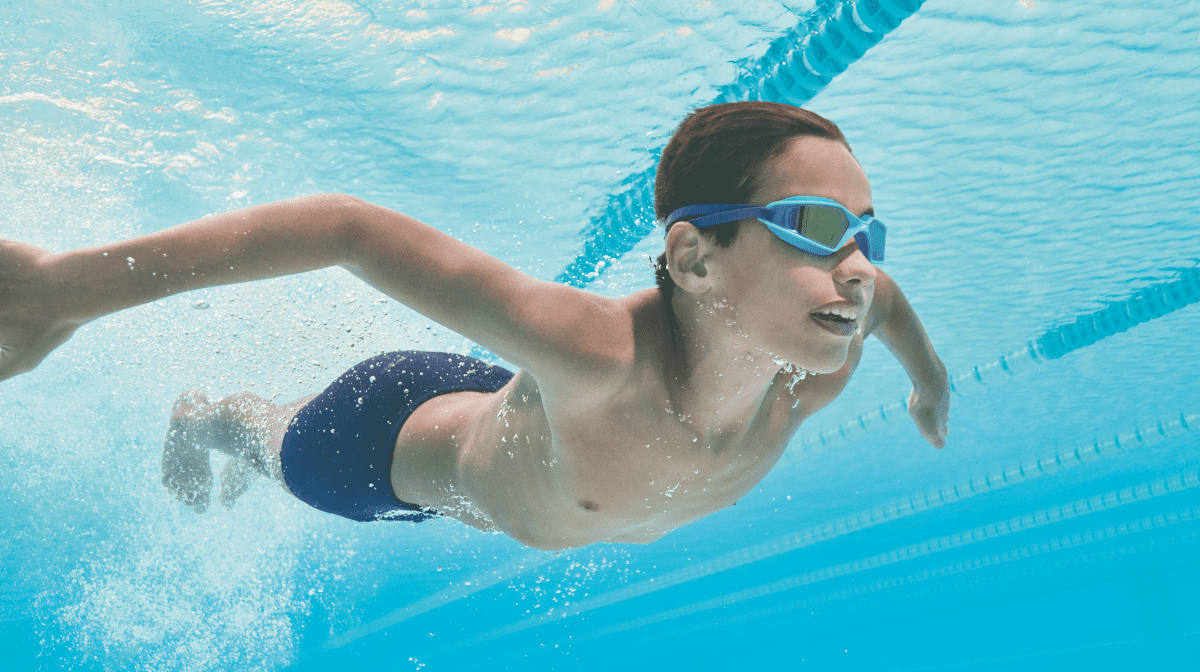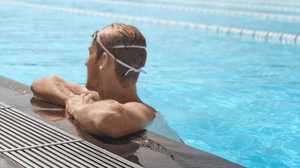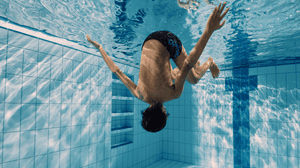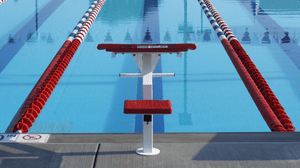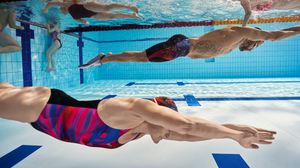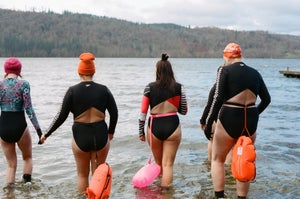
Swimming and water safety lessons are an absolute must for children – some lessons start as early as three months old. Swimming is a life skill, we can’t always be there to protect our children so ensuring that they are competent swimmers and have the skills to know how to keep themselves, and potentially others, safe from a young age is incredibly important.
Where possible, try and encourage your child to continue with their swimming lessons for as long as possible so they can learn skills that go beyond the basics. For example, being capable of swimming 400m plus, gives them a much better chance of survival if they find themselves in a difficult situation such as; sudden changes in the depth of the water, tide changes or boats capsizing.
When you go on holiday or find yourself in a place with unfamiliar water (seas, lakes, rivers and swimming pools) make sure that your children are fully aware of; not just how they get in the water, but the best way out too!
It’s crucial that children are aware of the depth of the water around them and how dramatically this can change especially in the sea and swimming pools. Children can very quickly find themselves in difficult situations even in the most seemingly harmless of places.
Children should never be left alone near water. It doesn’t matter how often you tell a child they mustn’t go in by themselves, children by nature are very curious and adventurous and don’t really start to understand the true meaning of danger until they are much older. So always be vigilant and never leave children unsupervised by water.
There are so many different types of float aids for children but you can’t beat good old fashion armbands. If you’re in any doubt about your child’s swimming ability keep the armbands on when in the water and near the water at all times. In every case, never leave children unsupervised.
It may be more easily said than done, but try to teach your children not to panic if they find themselves in a challenging situation in the water. Often children are more than capable of getting out of a tricky situation in the water but then panic, which makes breathing and swimming all the more difficult. Don’t be afraid to talk to your children about the possibility of something going wrong in the water, they are more likely to save themselves if they have the tools to deal with it.
Get in the water with your kids! Spending time in the water with your children will not only mean it’s more fun for them (and you) but you can also add to the learning journey of making them safe and stronger swimmers!

Related Articles

